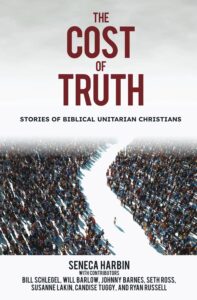 Seneca Harbin became a Christian later in life through reading the Bible. However, when he was attending a megachurch in Indianapolis, he starting hearing the pastor preach about Christ in a way that seemed bizarre and unbiblical. To his surprise Seneca discovered that the vast majority of Christians held to these extra-biblical speculations about multiple persons in the godhead and dual natures of Christ. This set him on a quest to find others who, like him, preferred to stop where scripture stops and understand Jesus as the Messiah not a God man.
Seneca Harbin became a Christian later in life through reading the Bible. However, when he was attending a megachurch in Indianapolis, he starting hearing the pastor preach about Christ in a way that seemed bizarre and unbiblical. To his surprise Seneca discovered that the vast majority of Christians held to these extra-biblical speculations about multiple persons in the godhead and dual natures of Christ. This set him on a quest to find others who, like him, preferred to stop where scripture stops and understand Jesus as the Messiah not a God man.
After relating his own spiritual journey, he talks about his recent book, The Cost of Truth, which adds in the testimonies of several others, including Bill Schlegel, Will Barlow, Johnny Barnes, Seth Ross, Susanne Lakin, Candise Tuggy, and Ryan Russell. I believe this book will fire you up. It’s easy to get complacent, but this little book of testimonies shows us that God is not done yet. He’s reaching people in our time, calling them out of darkness and confusion into his marvelous light.
Listen to this episode on Spotify or Apple Podcasts
—— Links ——
- Pick up your copy of The Cost of Truth
- Check out these other podcast interviews about leaving the Trinity.
- Get the transcript of this episode
- Support Restitutio by donating here
- Join our Restitutio Facebook Group and follow Sean Finnegan on Twitter @RestitutioSF
- Leave a voice message via SpeakPipe with questions or comments and we may play them out on the air
- Intro music: Good Vibes by MBB Attribution-ShareAlike 3.0 Unported (CC BY-SA 3.0) Free Download / Stream: Music promoted by Audio Library.
- Who is Sean Finnegan? Read Sean’s bio here

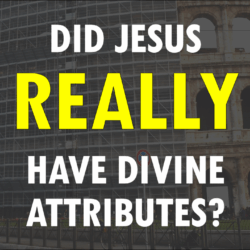
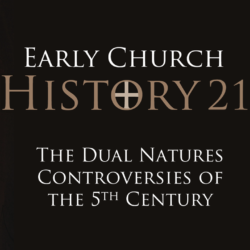
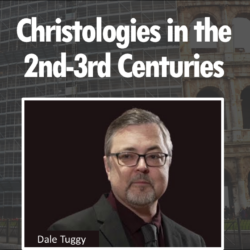


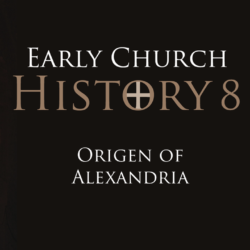
I agree with Suzanne being a physicalist.
Thanks guys. Thoroughly enjoyed the interview. May God bless Seneca, his family, and this book.
If Anthropology is off, since Theology is systematic, then so are all other “ologies’. The dead are dead. The flaw is am a soul do not have a soul. Spirit is word, the only thing that can be infinite and invisible. The ‘clone’ analogy is flawed. We are our words and our words in resurrected bodies are not cones but ourselves resurrected. Ourselves as words are stored as shades in sheol awaiting the resurrection from the dead. IMHO.